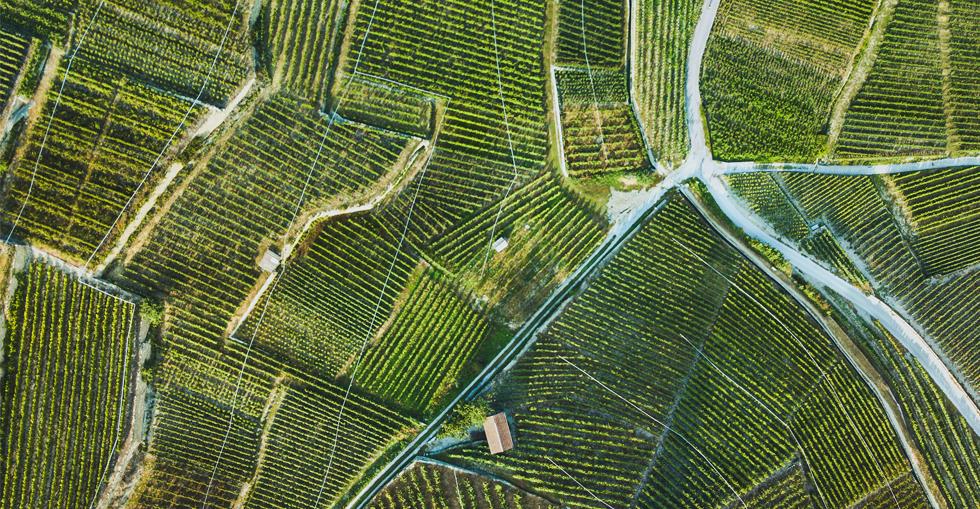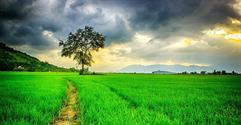South Africa is one of the world’s largest producers of maize, chicory root and grapes, and the farming industry is seen as the heart of the country’s economy.
Whether you’re an arable farmer or dealing with livestock, the agricultural industry can be very unpredictable due to erratic and low levels of rainfall. Of South Africa’s 1.2 million square
Understand the risks
After enduring the worst drought South Africa has experienced in the last 30 years, many small farmers went out of business; struggling to find water to keep their livestock and crops alive.
The government declared five of its nine provinces drought disaster areas for agriculture.
Yellow maize is a staple ingredient in animal feed, and South Africa is known to be a net exporter of maize, producing approximately 1.7 million tons for export markets.
The drought heavily affected maize production, resulting in farmers importing maize for animal fodder, causing farm costs to rise by about 70% during 2016.
South Africa has been ranked as the 30th driest country in the world, so you should understand the likely challenges of running a farm, and have an exit strategy in place.
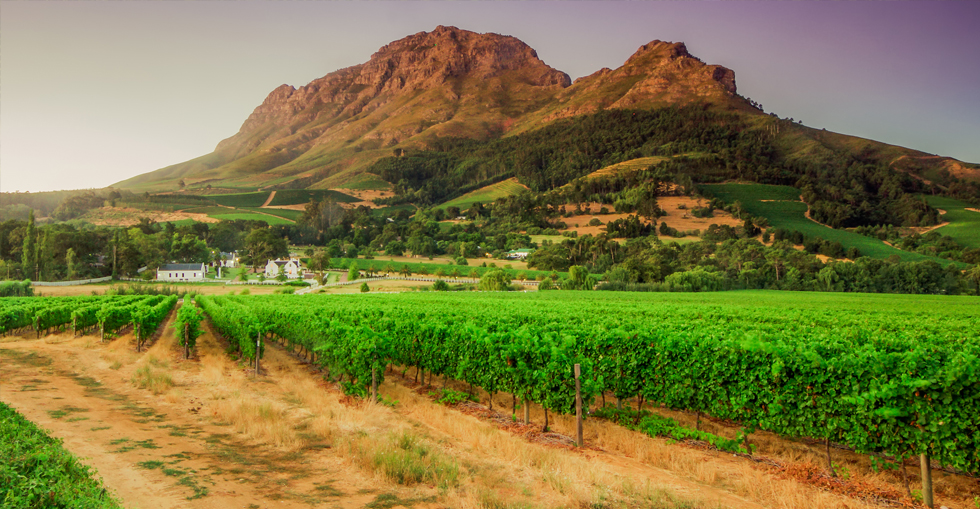
Animal welfare
Farming is an industry with very tight profit margins and sometimes unforeseeable expenses.
If an infection spreads in your farm, it can have devastating consequences on your livestock.
Taking measures to prevent the outbreak of disease within your farm is essential; try not to deter wild birds or animals from getting onto your land as they are more likely to carry and spread disease.
Also clean out your barns, water troughs
Dirty drinking water can be a serious risk to poultry, whereas pigs are highly susceptible to diseases like diarrhea if they are kept in very crowded conditions.
Therefore, avoid overcrowding your livestock; make sure they have adequate space in your barns and outbuildings.
Overcrowding can cause stress among your flock and animals are more likely to trample on one another, causing physical injuries and in extreme cases fatalities.
There is a fine line between animal welfare and running a profitable farm business. Providing your animals with good quality feed, clean water and bedding are all essential measures to keep them healthy.
However, you should monitor your running costs and review how you can save money on certain expenses to keep your profit margins healthy.
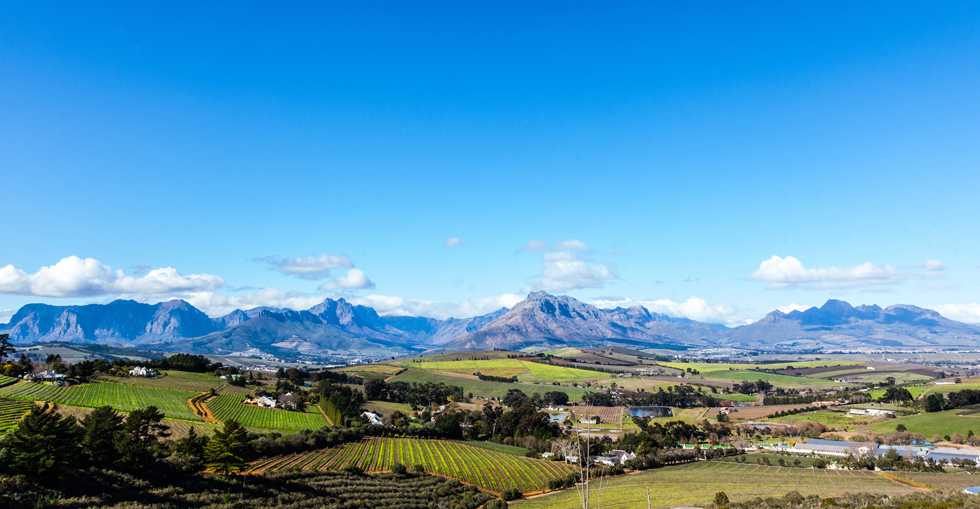
Work-life balance
While some farms are located off-property, many are home-based and there are advantages and disadvantages
The main advantage is that you can enjoy more time with your family. However, farm work can be all-consuming, and some owners find it hard to switch off completely.
Having a farm hand or workforce that can help out with physically demanding
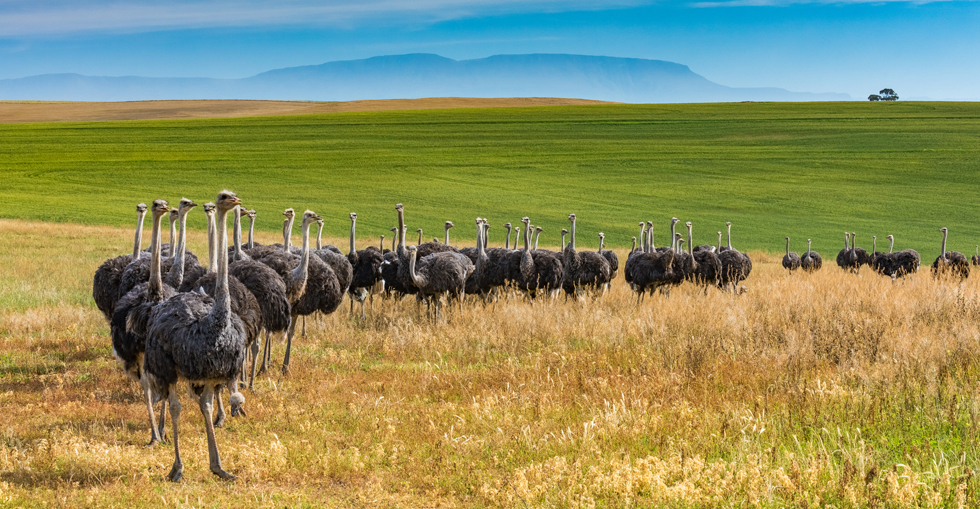
Support
If you’re keen to expand your farm, research, and tap into any financial support or government incentives that you may qualify for.
- Micro Agricultural Financing Institution of South Africa is a financial scheme which offers
funding to smallholder farmers and agribusinesses specifically to historically disadvantaged groups. -
The International Development Corporation focuses on identifying projects in the agro-processing industry that will expand local production to replace
importing . - You may also consider changing to smart energy resources within your business infrastructure; Eskom offers a business-to-business partnership focused on implementing smart energy resources on farms.
- The Isivande Women’s Fund helps towards the improvement of women’s economic empowerment in the agricultural sector.
There are many more support groups, government agencies
Make it good practice to research whether you are entitled to financial support before you spend money on improving and growing your business!
